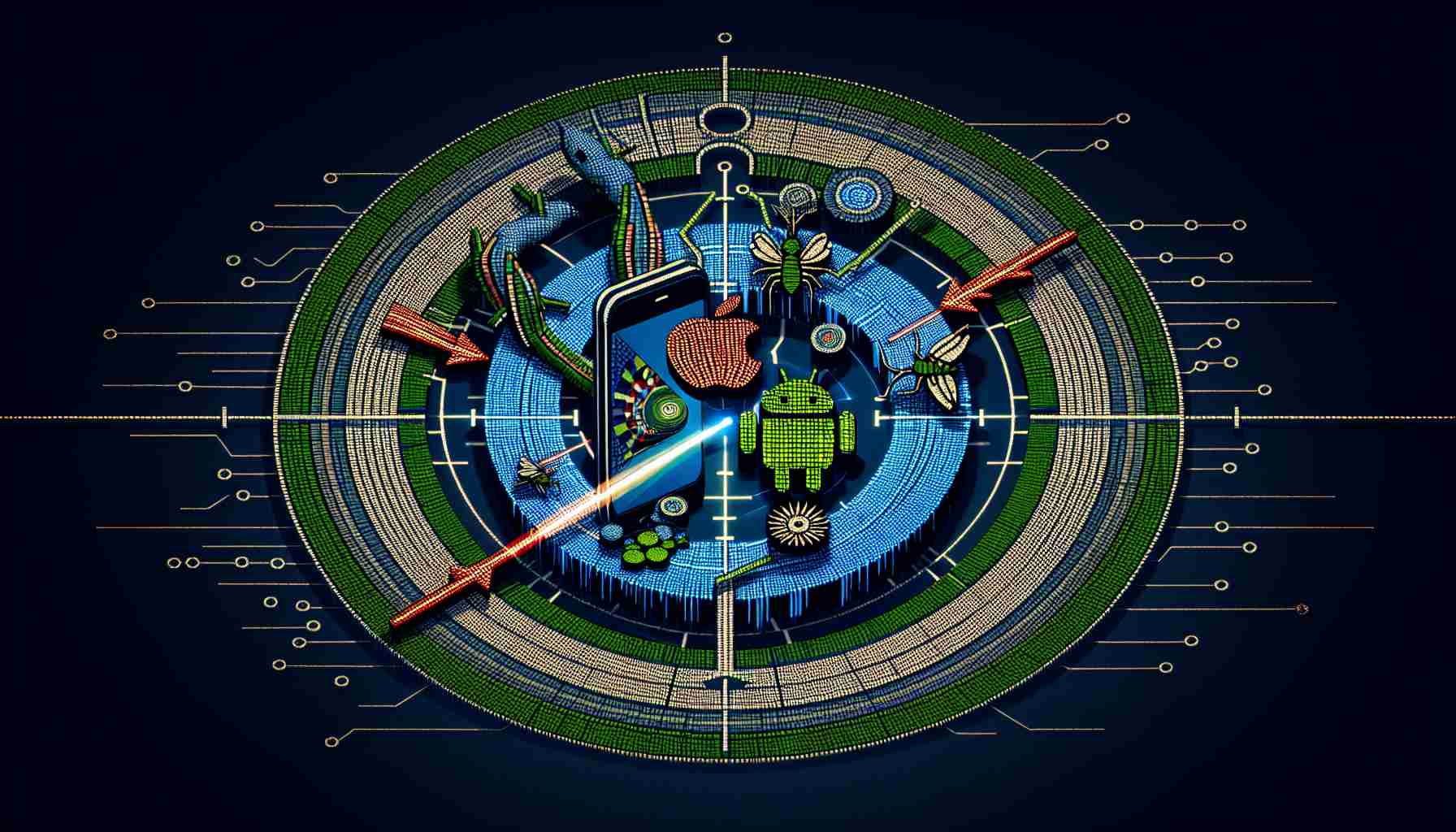Phishing-as-a-service (PhaaS) platforms pose a significant threat in the realm of cybersecurity. These platforms employ innovative techniques to deceive users and distribute phishing messages. One such platform, ‘Darcula,’ has emerged, specifically targeting Android and iPhone users in more than 100 countries.
Distinct from traditional phishing methods, Darcula utilizes the Rich Communication Services (RCS) protocol for Google Messages and iMessage, rather than relying on SMS. This novel approach aims to enhance the credibility of the communication and bypass potential security measures. By leveraging the capabilities of RCS and iMessage, Darcula creates a sense of legitimacy and exploits the additional security measures present in these protocols, such as end-to-end encryption. Consequently, conventional methods used to block suspicious SMS-based phishing messages become ineffective against these advanced tactics.
One of the prominent features of Darcula is its vast array of choices for fraudsters. The platform offers over 200 templates that allow them to impersonate various brands and organizations across different sectors, including postal services, financial institutions, government departments, and telecommunication companies. This extensive selection of templates increases the credibility of the phishing messages, ultimately contributing to the platform’s popularity within the cybercrime community. Darcula has been involved in numerous high-profile phishing attacks.
Darcula stands out due to its utilization of modern technologies such as JavaScript, React, Docker, and Harbor. These technologies enable continuous updates and the addition of new features to the platform without requiring clients to reinstall the phishing kits. The landing pages generated by Darcula are of exceptional quality, accurately employing the local language, logos, and content to further deceive unsuspecting targets.
To host purpose-registered domains for their phishing attacks, Darcula predominantly relies on top-level domains like “.top” and “.com.” Notably, around one-third of these domains are supported by Cloudflare. Netcraft, a reputable cybersecurity firm, has identified approximately 20,000 Darcula domains across 11,000 IP addresses, with the platform adding 120 new domains daily to evade detection.
While the adoption of RCS and iMessage presents advantages for cybercriminals, it also poses certain challenges they must overcome. Apple imposes restrictions on accounts that send a high volume of messages to multiple recipients, and Google has implemented limitations on RCS functionality for rooted Android devices. To circumvent these limitations, attackers resort to creating multiple Apple IDs and utilizing device farms to send a small number of messages from each device. Additionally, iMessage introduces a challenge where recipients must respond to a message before clicking on a URL link. Phishing messages sent via iMessage instruct recipients to reply with a specific character and then reopen the message to access the link. This additional step in the process introduces friction, potentially reducing the overall effectiveness of the phishing attack.
Considering these developments, it is crucial for users to exercise caution when receiving messages that contain URLs, particularly if they are unfamiliar with the sender. Paying attention to indicators such as inaccurate grammar, spelling errors, overly attractive offers, or demands for urgent action can help identify potential phishing attempts. As phishing threat actors continuously explore new delivery methods, user vigilance and awareness remain essential in combating these evolving threats.
FAQ:
1. What is Phishing-as-a-Service (PhaaS)?
Phishing-as-a-Service refers to platforms that provide cybercriminals with tools and resources to conduct phishing attacks. These platforms offer various services, including templates, domain hosting, and distribution channels, allowing attackers to deceive targets and steal sensitive information.
2. What is the Rich Communication Services (RCS) protocol?
The Rich Communication Services (RCS) protocol is a communication protocol that enables enhanced messaging features on mobile devices. It replaces the traditional SMS protocol and offers features such as typing indicators, read receipts, and the ability to send multimedia content.
Sources:
– Cybersecurity Insiders (https://www.cybersecurity-insiders.com)
– Center for Strategic and International Studies (https://www.csis.org)
The source of the article is from the blog reporterosdelsur.com.mx
